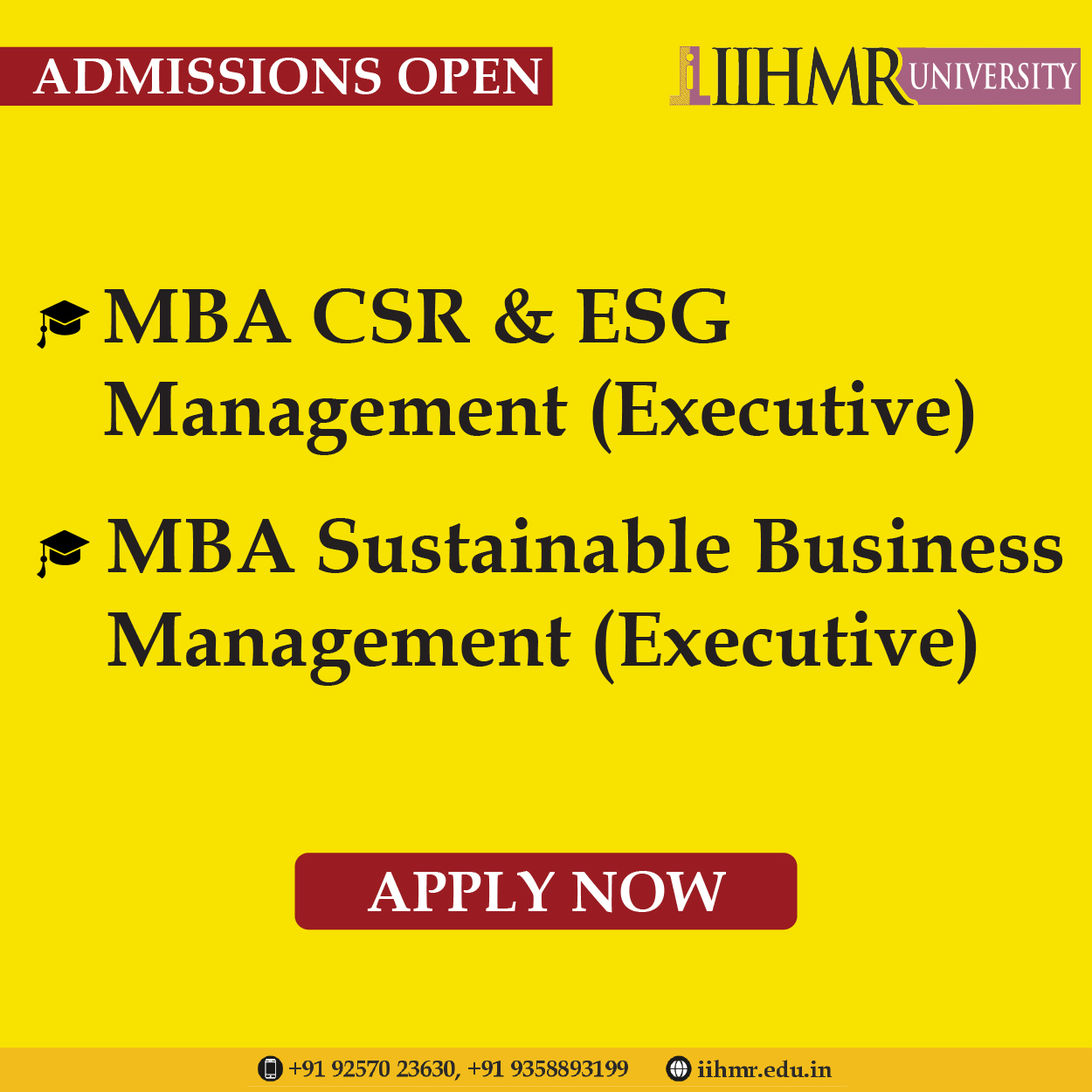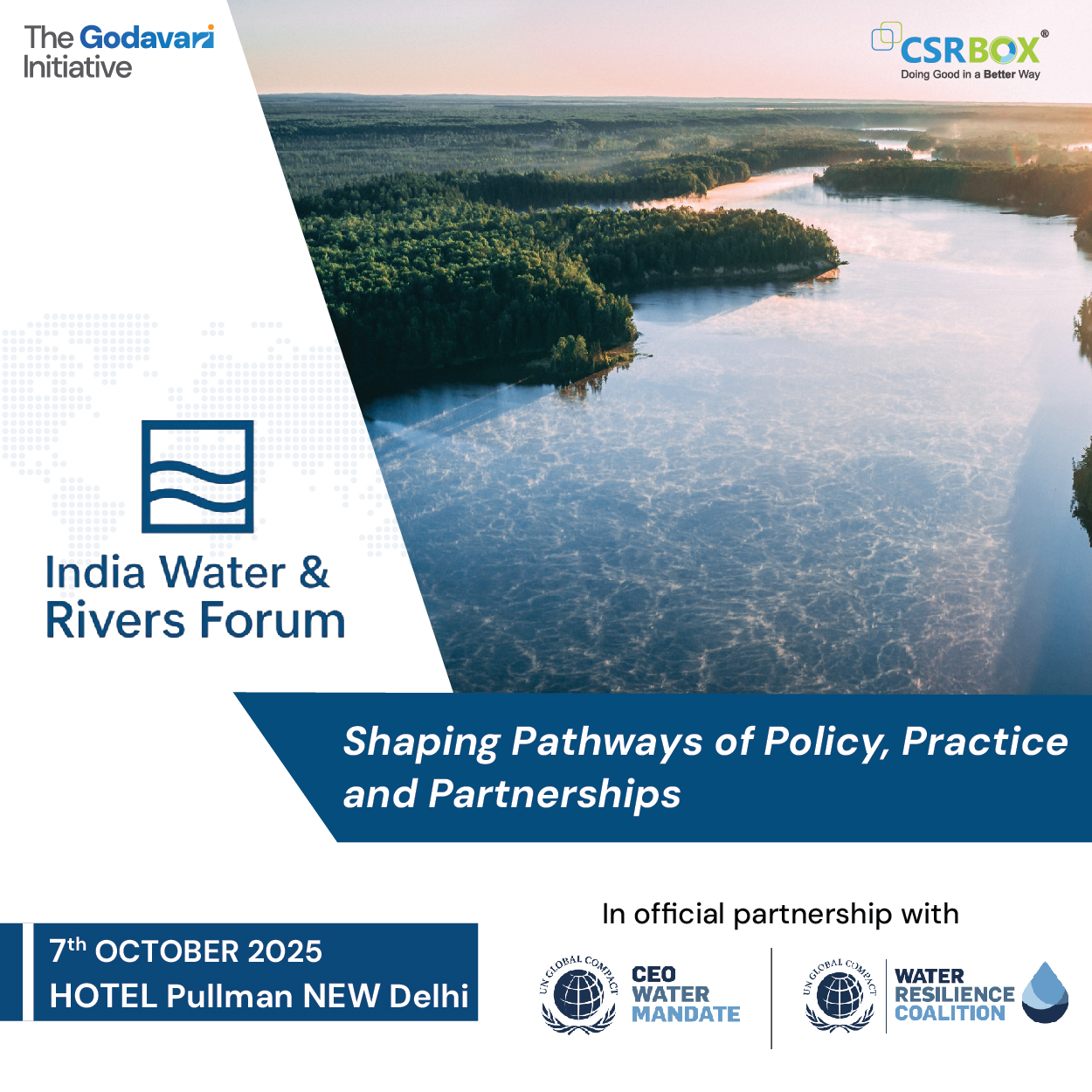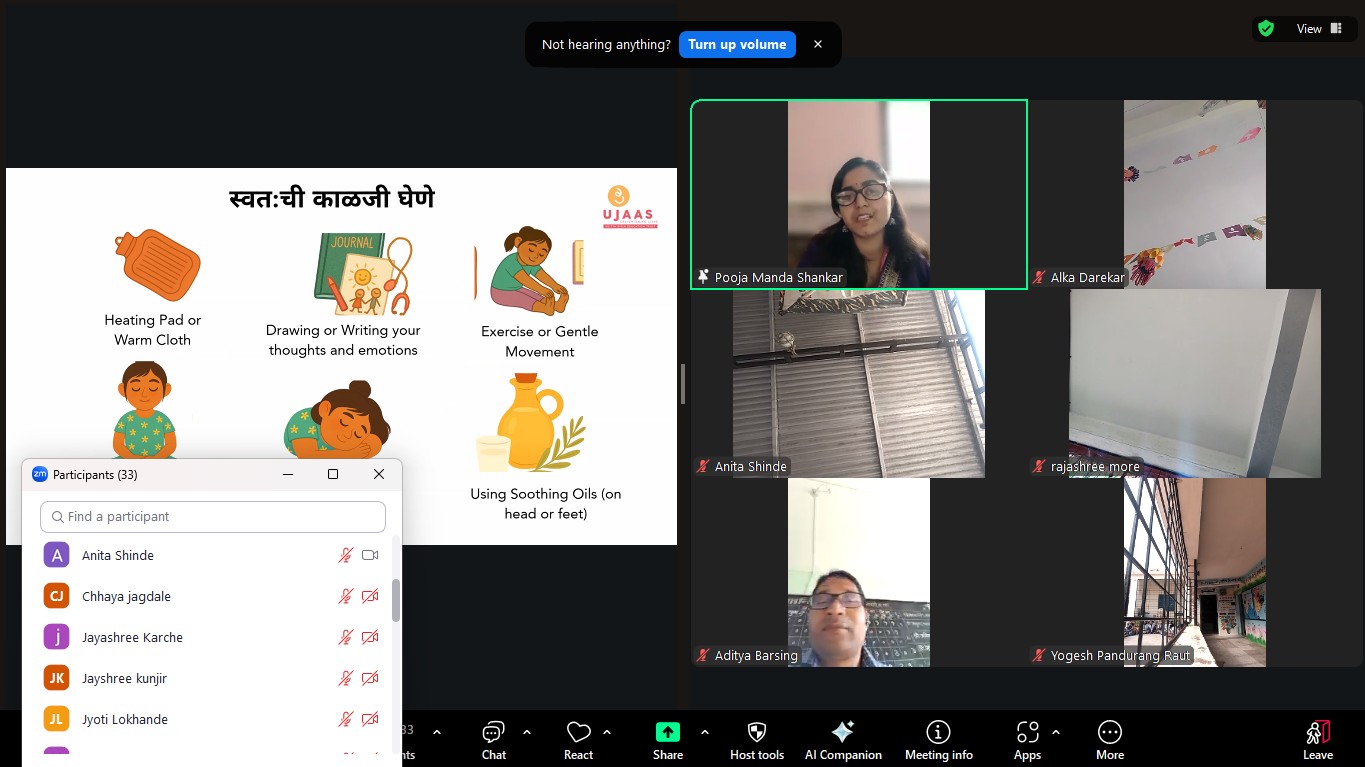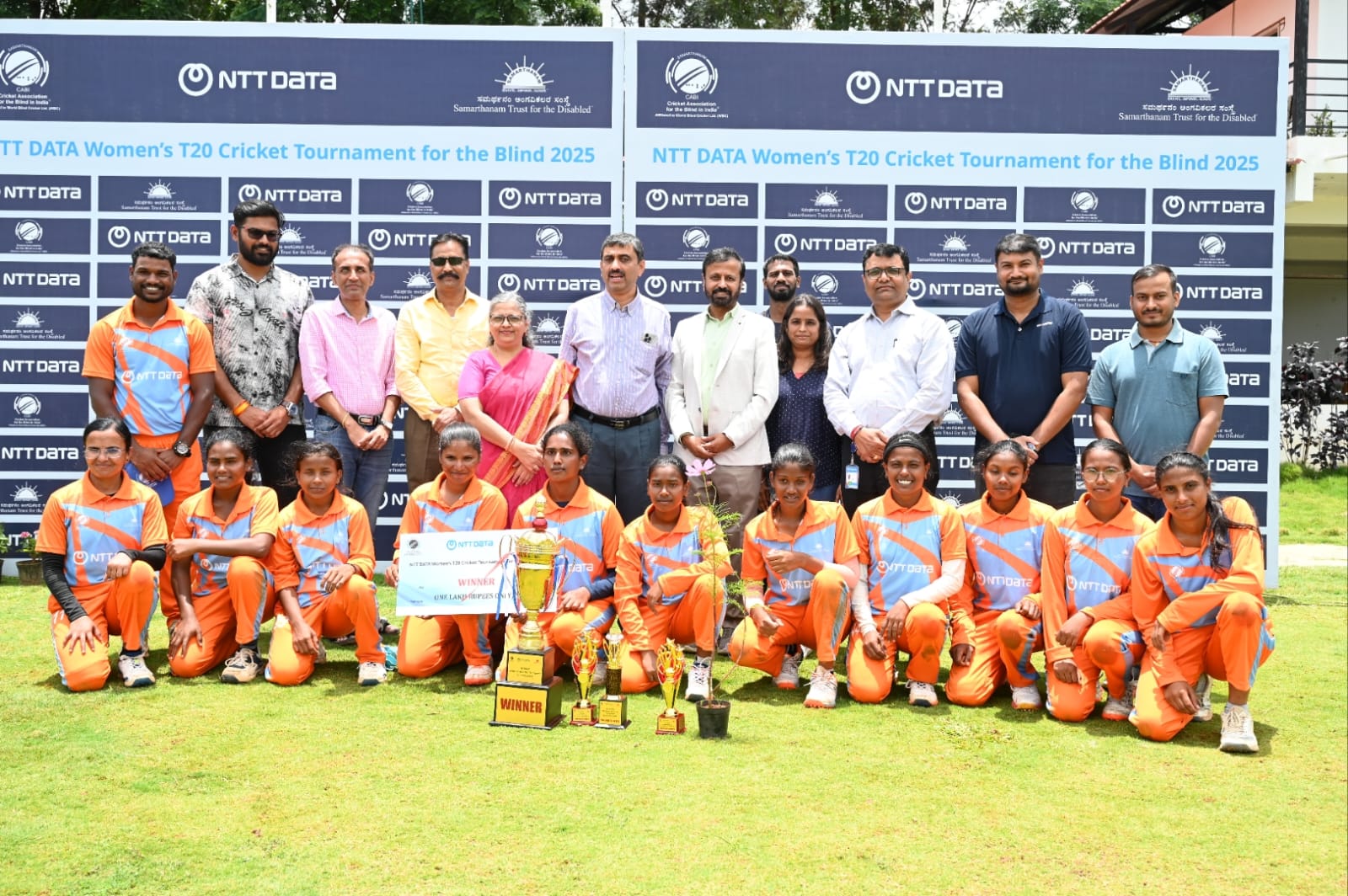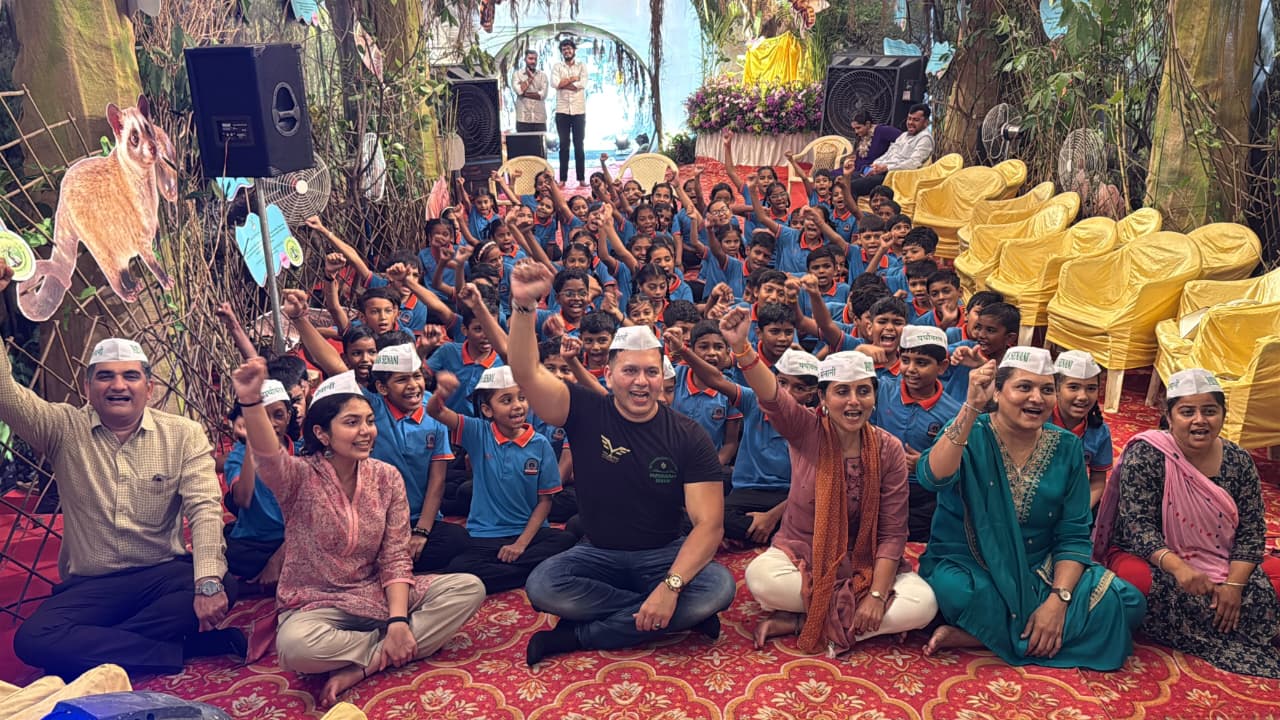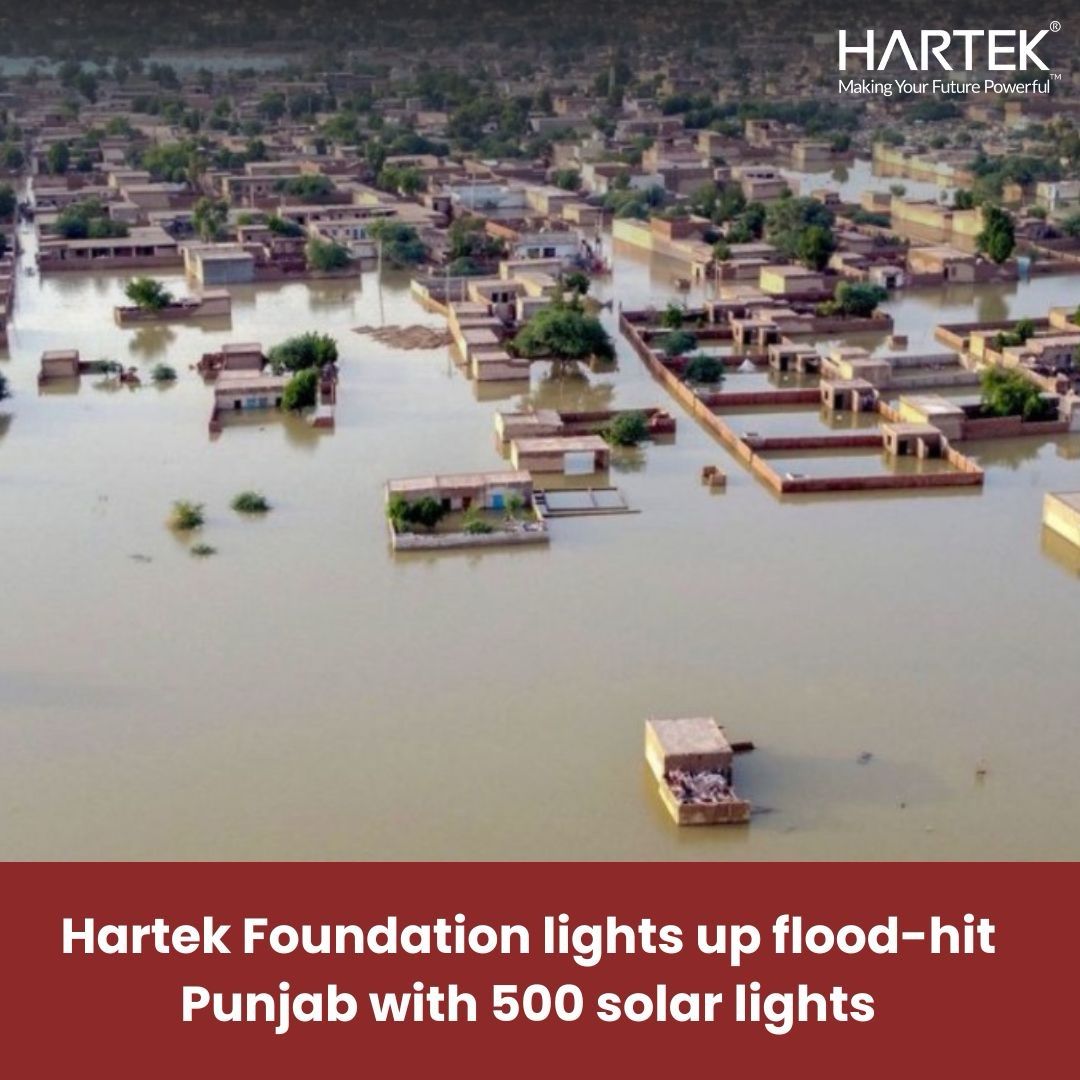Subscribe our Weekly Newsletter
TOR - Thematic Study as Part of Youth for Change Program, Phase 2.

Organization: Asmae-Association Sœur Emmanuelle
Apply By: 30 Sep 2025
About the Organization
Asmae is an organization founded in 1980 and active in the field of international solidarity. Its mission, supporting vulnerable children, youth and their families, is reflected in its four areas of intervention:
- Access to quality education
- Training and socio-professional integration
- Protection of children against all forms of violence and exploitation and promotion of their well-being
- Living together in a sustainable and peaceful world
The following four cross-cutting approaches are integrated into all of the Association's projects to enrich its intervention methodology:
- Child rights-based approach
- Promotion of gender equality
- Participation of children and youth
- Inclusion
About the Proposal
These Terms of Reference (ToR) serve as a call for applications for the recruitment of an individual consultant or a team of consultants to carry out a thematic study as part of Youth for Change Program, phase 2.
The program is co-financed by the AFD (French Development Agency) and Asmae-Association Sœur Emmanuelle. It is being implemented in six countries: Burkina Faso (Ouagadougou), Egypt (Upper Egypt and Cairo), India (Chennai), Lebanon (camps located in Tripoli and Saida), Madagascar (Antananarivo), and the Philippines (Manila and Pasay) by Asmae field teams, in partnership with local civil society actors1 , and in close collaboration with various stakeholders, including youth, their communities, and state entities such as ministries whose portfolio and actions are aligned with the program's objectives. This program began in 2021. Phase 2, which will last three years, began in January 2024 and will end in December 2026. The main areas of intervention are training, professional integration and protection. The overall objective of the program is to promote the empowerment of adolescents and youth by fostering holistic integration. This overall objective is broken down into four specific objectives as follows:
1/Promote access to quality training and professional integration pathways.
2/Promote the protection and inclusion of youth by strengthening mechanisms and practices and improving their environment
3/Promote youth engagement (on gender, inclusion, citizenship, climate, and other youth issues)
4/Promote the quality and sustainability of actions.
This program was designed to address challenges and issues identified during the assessment conducted prior to its start: youth represent a driving force for development that can only flourish if they have the necessary knowledge, skills, and opportunities. However, numerous structural obstacles hinder their social and economic integration, including school dropout rates, lack of available training and certifications, unemployment, inflation, and difficult access to protection services. By addressing these challenges, the main quantitative and qualitative impacts targeted by the Youth for Change program at the end of this phase 2 are as follows:
- 20,000 youth will be empowered (professional integration, psychosocial skills, and engagement).
- Good practices will be promoted through capacity building, networking, and advocacy for dissemination and institutionalization.
To ensure that these results are achieved, Asmae combines its expertise in protection, professional integration, and community living with that of its program partners. Their knowledge of local issues and actors ensures that the adolescents and youth enrolled in the program receive appropriate and effective support.
Geographical and thematic scope, approach and objectives of the study
This thematic study will focus on the theme of protection and will be carried out in three of the six countries where the program is implemented, namely Burkina Faso, Egypt, and the Philippines. The protection component (with inclusion as a cross-cutting theme) is particularly significant in these three countries. The study will therefore mainly focus on program SO 2, which aims to promote the protection and inclusion of youth by strengthening protection mechanisms and practices and improving youth’s environment. The challenges associated with SO 2 are to strengthen the skills of professionals in the protection and care of vulnerable youth by offering holistic support (psychosocial skills building). At the same time, there is also a need to raise awareness among those youth's families and communities about their social integration, protection, and inclusion. The results associated with SO 2 are as follows:
- R2.1: Mechanisms for protection (particularly against GBV) and inclusion of youth are strengthened and implemented.
- R2.2: Youth grow up in a protective and inclusive environment (within their communities, schools, training centers, and partner centers).
The study's multi-country approach aims in particular to provide a comparative view of the strategies and results achieved to date, highlighting similarities, differences, complementarities, opportunities for synergy, etc. between Burkina Faso, Egypt, and the Philippines. As a reminder,
- In Burkina Faso: Youth for Change program includes a significant component on protection in schools and at the family/community level.
- In the Philippines: Youth for Change program also includes a significant component on protection in schools and at the family/community level, with a particular focus on gender-based violence.
- In Egypt: Youth for Change program focuses on the protection and inclusion of adolescents with disabilities in schools and at the community level.
This study will therefore provide an opportunity to:
- Better understand whether the program contributes to strengthening protection systems and mechanisms1 (within the school system, at the community and institutional levels, etc.) and how this is done in each country (convergences and differences in operational strategies).
- Measure effectiveness and impact in each country, including comparative analysis (convergences and differences in operational strategies):
- Psychosocial support
- Awareness-raising
- Attitude and behavior changes at different levels—adolescents/youth, parents/families, communities
- Capacity building (change in professional practices, etc.)
- Advocacy where appropriate, including stakeholders’ engagement (level of engagement of local authorities, teachers, parents and youth in implementation) and extent to which local actors feel ownership of the program’s approaches
- Focus on the effectiveness and relevance of methods such as the peer-to-peer approach2 .
- Analyze the effects of mainstreaming approaches (gender, participation, inclusion etc.) on youth protection issues, including the extent to which the program reaches marginalized or vulnerable children and youth with disabilities.
- The operational choices made by field teams and their operating methods for achieving the expected results under SO 2 will also be analyzed in terms of effectiveness and impact.
- Finally, the sustainability potential of the results achieved to date will also be analyzed, notably how protection mechanisms are being or are not institutionalized, as well as concrete contributions of this program to national policies, guidelines or institutional reforms in child/youth protection.
The main users and beneficiaries of the study's results are the Asmae Head Office team, the field teams in the six countries where the program is implemented, donors and major contributors, program implementation partners, CSOs and state actors, youth and their families.
Deliverables
The consultant(s) responsible for the study will be responsible for developing the following deliverables:
The tools for collecting primary data
- The tools developed to support the surveys must be written in French and English and submitted within a reasonable period of ten working days, means two weeks, to the country teams for translation into local languages (Moore for Burkina Faso, Arabic for Egypt, and Tagalog for the Philippines) and pre-testing. Prior to this, the French and English versions must be validated by the Asmae team at Head Office before being sent to the field teams. The final versions must be sent to Asmae in Word format at the same time as the final version of the inception report.
The inception report
- The inception report shall be submitted to Asmae in electronic format (Word). It must be written in French and should not exceed 10 pages (excluding appendices). It shall clearly present the list of documents consulted, the approach and methodology of the study, including the sampling plan, the data collection and analysis process, the risks matrix and the work schedule of the team of consultants.
Final study report
- This document, written in French and English, must be submitted in electronic format (Word and PDF) and include case studies (crossreferenced by sub-theme/issue and country-specific), quotes and stories from children and caregivers as well as duty bearers, that illustrate the consultant's findings, and the results achieved to date. The appendices will include a summary of the issues for each country.
PowerPoint presentation
- A PowerPoint presentation (written in French and English on the same document) of no more than 30 slides will present the methodology of the study, results, conclusions, and recommendations from the final report and will serve as a basis for the multi-country restitution workshop to be held virtually and organized by the Asmae Head Office team. Interpreters will be provided by Asmae.
Responsibilities
The team in charge of the study is responsible for the following:
- Refining and executing the study’s plan
- The effective distribution of responsibilities among the members of the team in charge of the study
- Ensuring the quality and timely execution of the terms of the contract
- Achieving the expected results of the study while delivering high-quality work within the agreed timeframe.
- Designing the overall study process and data collection tools
- Quality data collection
- Compilation and analysis of data to achieve the objectives of the study
- Preparation and submission of a coherent, high-quality study report within the agreed timeframe
- Compliance with the code of conduct and Asmae's policies on child protection and combating harassment, abuse, and sexual exploitation (for the duration of the service).
- Management of the logistical aspects of the work to be done (office space, administrative and secretarial support, telecommunications, photocopying of documentation, travel).
The consultant(s) must be impartial and have no conflicts of interest. The consultant(s) must respect the culture, social norms, values, and behavior of the participating communities and maintain appropriate relationships with the participants in this study.
Eligibility
- Preferably a university degree in development studies or social sciences. Solid knowledge and training in child protection A good understanding of gender mainstreaming in programs and projects is an asset.
- Experience At least 5 years of relevant experience in research and/or evaluation/conducting studies in the fields of rights and protection, internal displacement, indigenous peoples, community development, and social sciences. Relevant professional experience within government institutions and/or non-governmental organizations and networks focused on child and youth protection. Excellent skills in qualitative and quantitative research, analysis, and report writing.
- Language Fluency in written and spoken French and English.
How to Apply
Applications from interested consultants may be submitted by email to: jvleguellec@asmae.fr
with a copy to pbsavoie@asmae.fr
Please include the following in the subject line of the email: "Youth for Change program protection study."
Application file contents:
- Curriculum Vitae (CV) of the expert(s) involved in this study.
- Cover letter (no more than one page).
- Offer (technical and financial proposal).
- Legal documents proving authorization to practice
- Any other document proving the expertise of the consultant.s in this study’s thematic, notably copies of their previous work in the concerned field. The deadline for submitting applications is September 30, 2025, at 5 p.m. (French time).
For more information please check the Link
Join us for the 12th Edition of India CSR & ESG Summit 2025 | Register Now
Latest Online Store
Latest Grants
© Renalysis Consultants Pvt Ltd














